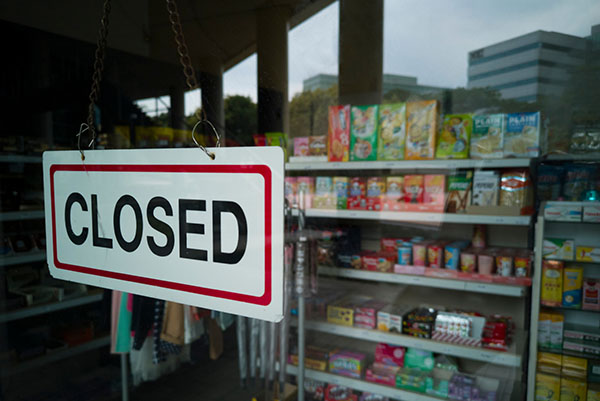In a candid keynote at the Global Tobacco and Nicotine Forum (GTNF), Theo Foukkare, CEO of the Australian Association of Convenience Stores, delivered a scathing assessment of Australia’s tobacco and nicotine policies, saying the country is saddled with “harm and chaos.” Speaking under the theme “The Australian Experience: From Global Leader to Global Failure,” Foukkare outlined how once-successful public health strategies had collapsed under the weight of excessive taxation, poor enforcement, and the rise of organized crime.
“Australia has become the model of what not to do. By any measure, it’s an absolute failure,” he said. “And believe it or not, our government still claims to have world-leading standards. We’re dealing with an absolute tsunami of illegal nicotine products entering the country. I call it ‘Tobacco Wars.’ It’s actually playing out in real life every day. The illegal nicotine market is now bigger than the next five organized crime categories combined.
“Through bad policy, we’re actually creating harm,” he said, noting that smoking rates have remained virtually unchanged in the past decade despite mounting taxes and restrictions.
“We had the most aggressive excise policy any government in the world had undertaken,” Foukkare said, with a legal pack of cigarettes now costing between $45 and $50. “They killed the golden goose, because the consumers said, “Enough is enough. Why would I pay this when there are cheaper options?”
According to Foukkare, Australia’s extreme excise policies pushed consumers to the black market, eroding legal sales and fueling criminal activity. Organized crime groups, he added, have even begun taking over farms to grow illicit tobacco, while state governments scramble to form task forces.
“There’s so much threat and intimidation,” he said. “Some store owners are paying $5,000 a month in protection money. Pay or they’ll burn your shop down. One store owner got a handwritten note saying he needed to meet with the [crime] boss. He took the note to the police, the next day, a car drove through the front of the store, and now it’s closed.”
Foukkare criticized the government for ignoring early warnings about policy failures and dismissing data because it was industry-funded. Now, with estimates suggesting up to 60% of tobacco consumption is illicit, officials are finally acknowledging the scale of the problem. Foukkare also condemned the government’s anti-vaping stance, arguing that public messaging has convinced most Australians that vaping is more dangerous than smoking.
Despite the creation of new penalties—million-dollar fines, landlord accountability clauses, and police powers to shut down stores—Foukkare said the measures have done little to fix the underlying issue. “We’ve spent a billion dollars and haven’t done anything to reduce smoking or keep people safe,” he said.










